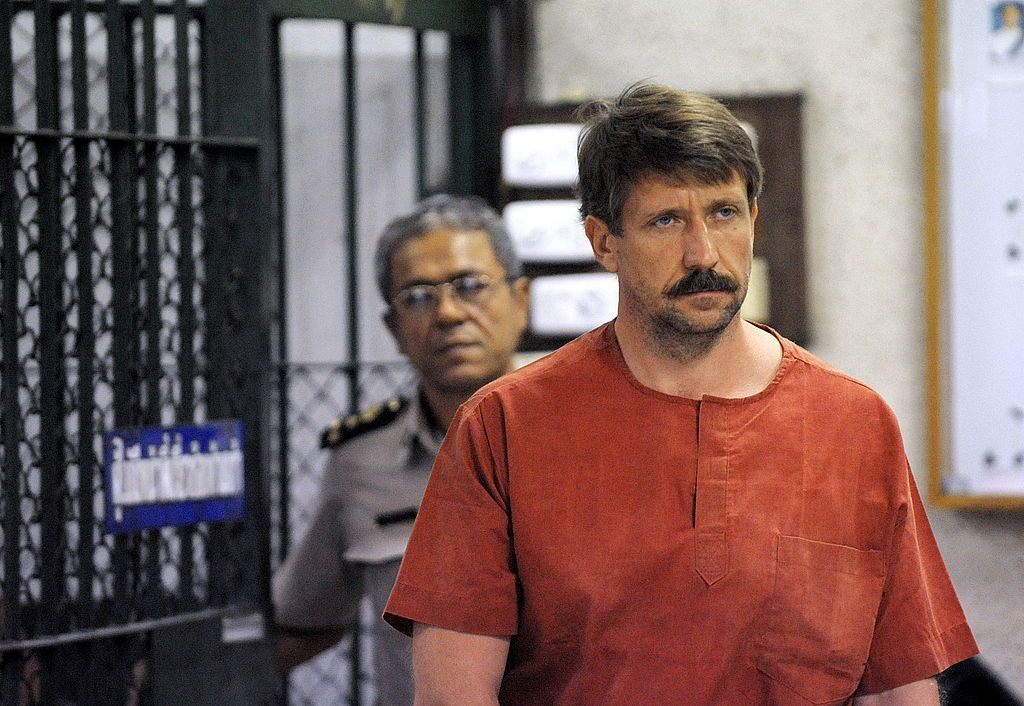Leaked documents have revealed that the Russian Fund for Support and Protection of the Rights of Compatriots Living Abroad (Pravfond) is actually a Kremlin-linked disinformation outlet, rather than a legal foundation as claimed. The foundation, established in 2012 with the support of Russia’s Foreign Ministry, purports to provide support for Russian compatriots facing rights violations. However, the leaked documents show that Pravfond has been involved in funding the legal fees of convicted criminals like arms smuggler Viktor Bout and assassin Vadim Krasikov. The organization has also been found to employ former Russian intelligence operatives and has spent millions on disinformation campaigns in nearly 50 countries. Estonia’s security service has characterized Pravfond as a front for influence operations rather than a legitimate legal protection system.
Pravfond’s website features a “news” section that contains articles echoing typical Russian propaganda talking points, reinforcing suspicions about its true nature. The foundation has been known to promote narratives that align with Russian interests, including pieces like one about the opening of an exhibition on “Russophobia” in Finland. Despite requests for comment, Pravfond has not responded to allegations about its activities. The leaked documents have shed light on the extent of the organization’s disinformation efforts and its underlying ties to the Kremlin. The revelations have raised concerns about the influence of such operations on a global scale and the potential impact on countries targeted by Pravfond’s propaganda campaigns.
In Ukraine, concerns have been raised about Russia’s use of social media platforms like TikTok to undermine the country’s leadership. Ukrainian officials have expressed worries about the dominance of Russian content on TikTok, citing the scale of Russia’s operations on the platform. Andrii Kovalenko, the head of a department countering disinformation at the National Security and Defense Council in Kyiv, highlighted the challenge posed by Russia’s presence on TikTok. The influence of Russian content on social media platforms like TikTok has become a growing concern for countries like Ukraine, with officials emphasizing the need to address the spread of misinformation and propaganda online.
The reports of Russia’s activities on TikTok and the revelations about Pravfond highlight the ongoing challenges posed by disinformation and propaganda in the digital age. The use of social media platforms by state actors to disseminate fake news and influence public opinion have raised alarm bells among governments and policymakers. Efforts to counter disinformation and propaganda require a multi-faceted approach, including increased transparency, better regulation of social media platforms, and improved public awareness about the risks of online misinformation. The cases of Pravfond and Russia’s operations on TikTok serve as reminders of the complex and evolving nature of information warfare in the modern world.
Support for independent journalism in Ukraine is crucial in the face of disinformation campaigns and efforts to undermine democratic processes. By joining the fight to uphold journalistic integrity and truth-telling, individuals can contribute to countering the spread of fake news and propaganda. The revelations about Pravfond and Russia’s activities on TikTok underscore the importance of supporting independent media outlets that uphold ethical standards and provide accurate information to the public. By championing independent journalism, individuals can help safeguard the integrity of information and combat the influence of disinformation on social media platforms and beyond. It is essential to stand up for the principles of transparency, truth, and freedom of the press in the face of challenges posed by propaganda and false narratives.


